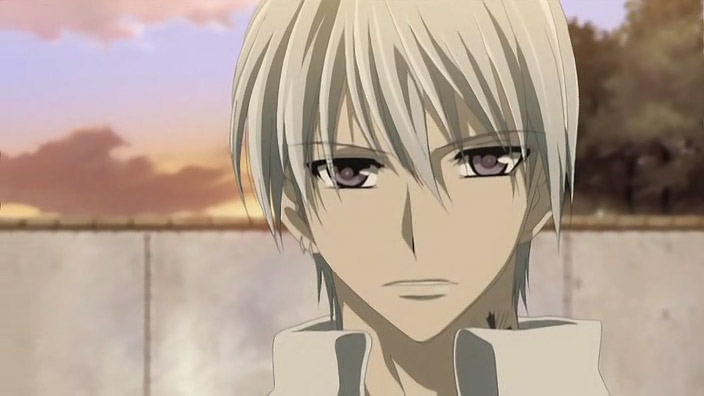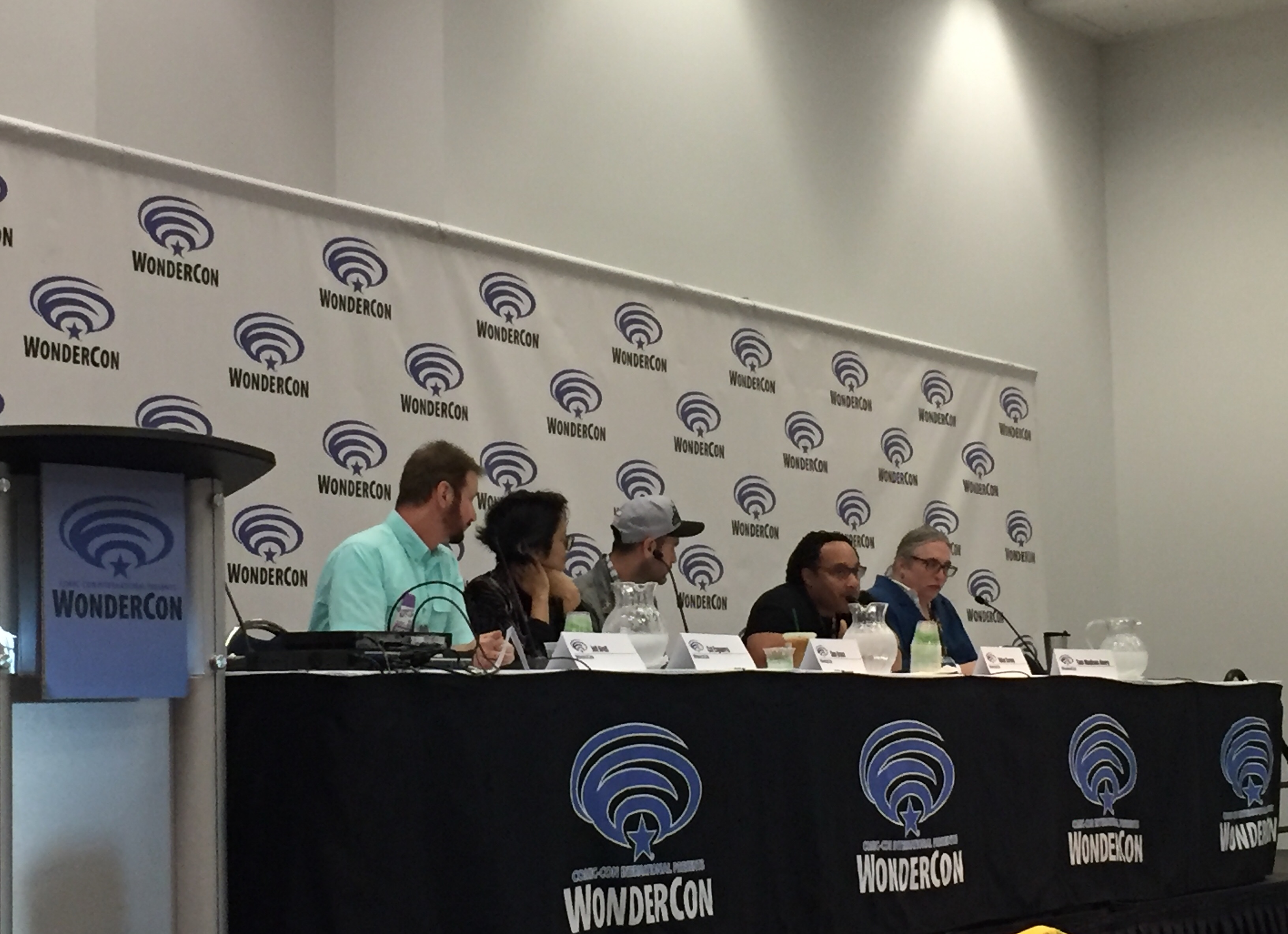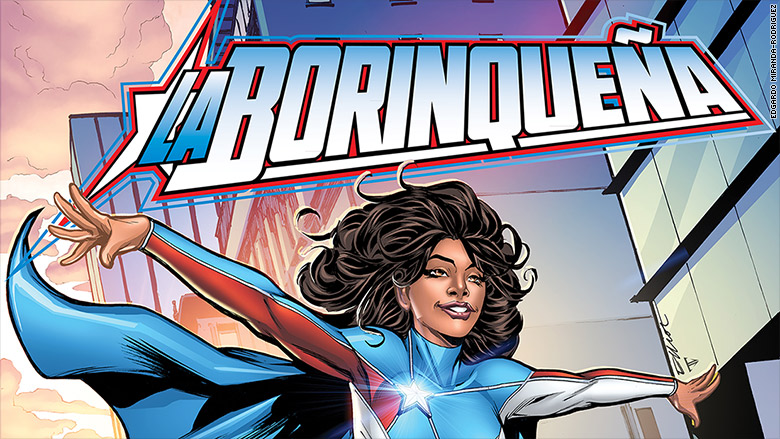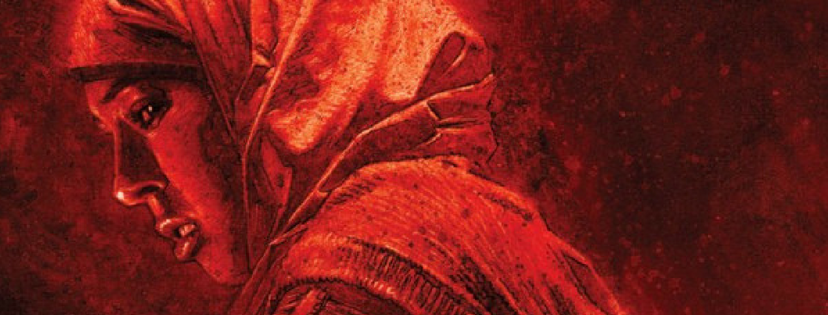From Luke Skywalker to Harry Potter, from Bruce Wayne to Jane Eyre and even Link from Ocarina of Time, orphans are everywhere in popular culture. Orphans are a hallmark of storytelling, and they are not an exception in the Japanese art of anime and manga. Whichever way characters end up becoming an orphan, that state is usually the starting point of a journey that will most likely end with finding a home, be it a literal, metaphorical or emotional one.
Orphans across genres in anime and manga also embark on journeys that are always catalyzed by their orphaned state. The progress and development of those journeys, however, tend to bend in specific ways depending on the sex of the character and the audience the manga or anime are addressed to.
In shounen manga, characters like Naruto and Sasuke find that becoming an orphan ignited within them colossal aspirations, be them for revenge or greatness; in shoujo mangas, girls like Yuki Cross from Vampire Knight and Tohru Honda from Fruits Basket tend to develop in a more emotional ways than the orphan boys from shounen manga. More often than not, orphan shounen boys grow up to be forces to be reckoned and are usually the heroes of their world while orphan shoujo girls become the strong emotional foundation for those around them.
Most modern shounen manga heroes are orphans: Edward and Alphonse Elric from Fullmetal Alchemist, Natsu Dragneel from Fairy Tail, and even Goku from the classic Dragon Ball Z, among others. The fact that most shounen manga are action-oriented probably has a lot to do with that, since most modern mainstream shounen manga rarely have protagonists out of their teens. Their dangerous journeys would have been difficult to embark on with a parent looking over their shoulder, but many of their journeys start with the loss of a parent or the complete absence of one since birth.
The manga Naruto is no exception to that rule. Due to foul play by one of the series’ main antagonists, the title character lost both parents the day he was born and the Kyubbi was sealed within him. But being an orphan propelled him into a quest for greatness, and his aspiration to become Hokage of Konoha has been the force driving his character throughout the series. Later on, Naruto becomes the symbol of hope for the whole Ninja world.
Sasuke, also from the Naruto manga, is the perfect juxtaposition: he was also brutally orphaned, but by the hands of his own brother, who not only took the lives of his parents but also of their entire clan, leaving Sasuke the last of the Uchiha. While the type of orphan Sasuke is would be considered more severe than Naruto, Sasuke was embraced by Konoha while Naruto was shunned and ostracized since birth. Even so, Sasuke embarked on a journey of revenge that continued even after he achieved his original goal in the series, which was to kill his brother.
Like Sasuke, Eren Jaeger from Attack on Titan is a rage-driven character with a personal vendetta against the Titans that threaten his walled home. His mother’s brutal death at the hands of a Titan and the mysterious disappearance of his father make Eren an orphan for all intents and purposes, and the rage those events brought on him is shown throughout the series in Eren’s desperate and violent reactions to the Titans. But Eren has grown up to become the hope of humanity because of a particular ability he alone possesses, another hallmark of shounen series.
Shoujo manga orphans, though not in as much abundance as shounen manga orphans, are not exactly absent. Rarely are shoujo manga action-oriented, but their stories are usually woven of deeply emotional circumstances that would be less realistic if a parent were present to support the protagonist.
The story of Fruits Basket starts with Tohru Honda recently orphaned by the death of her mother, who was killed in an accident. She is soon taken in by the mysterious Sohma family and is quickly caught up in their family drama and supernatural circumstances. Ultimately, she helps the Sohma family break away from the curse that binds them.
In spite of her loss, Tohru is a cheerful and emotionally strong girl who becomes the emotional support of almost every single character in the Sohma family, but especially the tormented Kyo, who was also an orphan himself in a way. Her journey led her to become the emotional release the Sohma family so desperately needed in order to finally move on.
In Vampire Knight, Yuki Cross does have a more active, action-oriented role in the plot of the manga, but this orphan girl becomes the very foundation of the lives of Kaname Kuran and Zero Kiryu. Their emotional attachment to her is the only reason why they live on and what leads them so save the world from the threat of the vampires. Zero, like Yuki, is also an orphan, and like Kyo from Fruits Basket, being orphaned made him an aggressive and revenge-driven character.
As exemplified by Zero and Kyo, the role of the boy orphan in shounen manga can also be found in shoujo manga. Zero vowed to destroy every Pureblood vampire since the day one of them brutally murdered his family. That vendetta is the driving force of his character, aside from his desire to protect Yuki, but he eventually also becomes the hope of the Vampire Hunter Association as he is the perfect weapon to eliminate the vampire threat.
In a similar fashion, the girl orphan role of emotional support has also transitioned into shounen manga and it is perfectly exemplified by the character of Mikasa Ackerman from Attack on Titan. While Mikasa is deeply disturbed by the violent murder of her parents, making her cold and seemingly emotionless, she is a counterbalance to Eren’s impulsive and bloodthirsty side. Eren’s more outspokenly emotional behavior finds an anchor in Mikasa, and thus she has become his emotional and psychological foundation.
Ultimately, all these characters did find a home or are in the process of being welcomed into one. Yuuki and Zero found each other, like Tohru found her home with Kyo and the rest of the Sohma family. Naruto and Sasuke are still seeing the whole of Konoha as the home they had been robbed of since they were young, and Mikasa and Eren are fighting to keep their homes, each other, safe.
In shounen and shoujo manga, while their journeys are different, there is one undeniable truth for both orphan boys and girls: they may have started this journey alone and homeless, but by the time the finish line is crossed, someone will be there with arms wide open to take them into their new home.
Lorraine Acevedo Franqui writes for Girl In Capes from Puerto Rico and holds degrees in English Literature and Psychology. Her main interests are young adult lit, anything related to The Legend of Zelda and Kingdom Hearts, assorted shounen mangas and cats.






